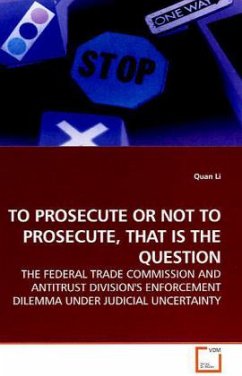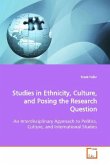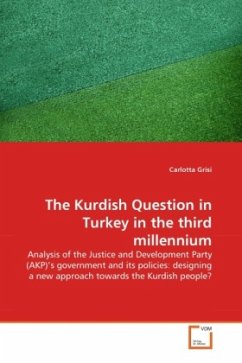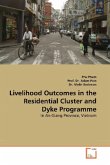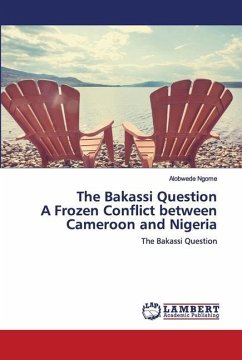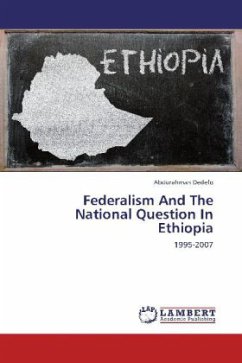Given the importance of controlling the bureaucracy in any administrative states, this book develops and empirically tests a theory of interaction between the U.S. federal circuit courts and bureaucracy with regard to bureaucratic prosecution. Modeling the bureaucracy as a forward-looking and risk-averse institution, the analysis of the Antitrust Division s prosecution record from 1950 to 1994 demonstrates that increasing ideological heterogeneity within the circuit courts measured by their ideological variance among judges increases institutional uncertainty with respect to the bureaucracy s policy position, which in turn discourages bureaucratic prosecution. Studies of judicial decision-making and judicial control of the bureaucracy have not fully examined the implication of the courts institutional practice that randomly assign judges and cases to reviewing panels. The construction of ideological variance among circuit court judges as a measure of the institutional uncertainty created by the random assignment process suggests that the courts unique institutional practice can be fully incorporated into future studies of interaction between the judiciary and bureaucracy.
Bitte wählen Sie Ihr Anliegen aus.
Rechnungen
Retourenschein anfordern
Bestellstatus
Storno

